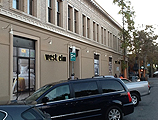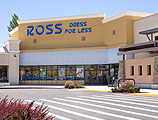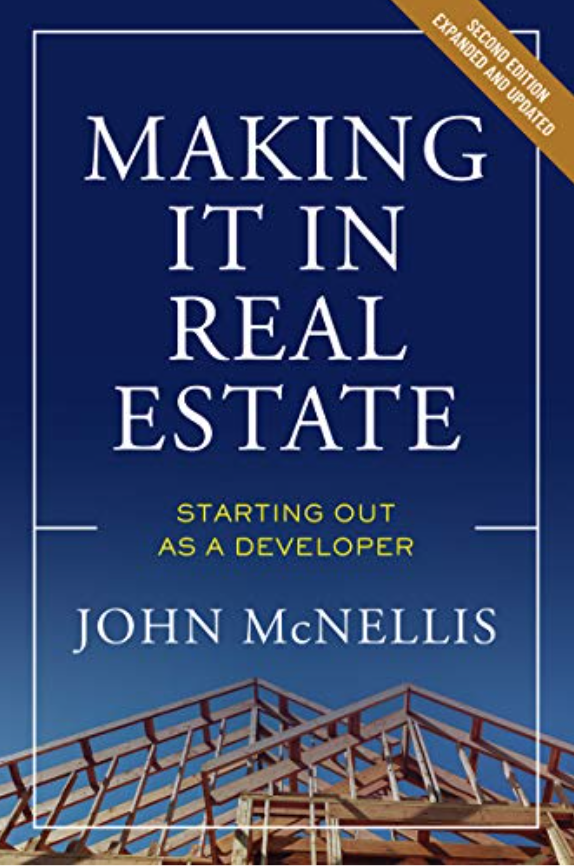San Francisco voters will vote on fourteen separate local ballot measures on November 8th, among them a proposed tax on empty housing. If history is any indicator, two-thirds of these measures will pass. San Franciscans have been harried by 137 city propositions since 2010, approving nearly 70 percent of them.
The vacant housing proposal—Proposition M—taxes all residences that have been vacant for more than 182 days in a year if they’re within buildings containing three or more units. The proposed law would spank owners anywhere from $2,000 a unit in 2023 to $20,000 in 2026, the tax depending on the unit’s size and the length of its vacancy.
Why is the city pushing this? Because its Board of Supervisors is convinced the city’s wily landlords are intentionally withholding tens of thousands of housing units from the market. In 2019, Supervisor Dean Preston commissioned a study which concluded that 40,458 dwellings—apartments, homes and condominiums—were standing vacant. At first blush, this number sounds preposterous; the city only has about total 406,000 housing units. But when one learns that the political study counts second homes and short-term rentals among the vacant, the 10 percent vacancy sounds more plausible. Airbnb alone had over 6,000 San Francisco listings this past summer and even the tightest housing markets run about 3 percent vacant (the downtime for repairs and improvements between departing and arriving tenants).
Will this tax actually work, will it force owners to rent out their vacant units? According to the occasionally reliable web, San Francisco’s average two-bedroom rents for $4536 a month. What owner voluntarily gives up $54,000 a year in rent? One springs to mind: the well-heeled civilians—those not in real estate—who happen to own a second or third home. This group consists of wealthier Americans and foreigners, many of the latter using residential real estate as a way to bank flight capital. This tax may force some of these civilians—the less affluent—to rent their units…or perhaps, to throw up their hands, sell and move to Austin where property rights are not yet conflated with armed robbery.
No need for a crystal ball to predict that this tax will be appealed the day after it passes on the grounds that it unconstitutionally discriminates against owners of condominiums. Because a dwelling has to be in a building of 3 or more units to be taxed, this law would only snare condos. If your empty second home is a single family residence or duplex, you skate tax-free. If this isn’t discrimination, the word has little meaning.
Following the money suggests another group content to forego that annual $54,000 rent, the real estate professionals who believe they’ll make more either through short-term rentals or by holding their units off the market altogether. The short-termers will pay the tax (or ignore it) and continue renting through Airbnb as long as that strategy nets them more than long-term rentals. Real estate arithmetic is simple. Another group of professionals—likely a small fraction of what the politicians decry—may be refusing to lease today because of the post-covid plunge in rental rates. These landlords know that rent control will weld their rents to the basement the moment they sign a lease. Again, deciding whether to rent would be a numbers game: which nets more? Paying the vacancy tax while awaiting the rental market’s recovery or leasing today. In September, the San Francisco Chronicle reported that apartment rents were off 8.5 percent from their pre-Covid peak. If that percentage is correct, owners with no intention of selling are likely already doing their best to lease out their buildings today; it would take 10 years of peak rent to recover that lost to a year of holding out. On the other hand, an apartment owner intending to sell would do better delivering a building empty, allowing her optimistic buyer to calculate his purchase offer based on higher future rents. Thus, a selling landlord would pay the vacancy tax and keep her doors locked.
Will Proposition M work? Perhaps, but not nearly as well as banning Airbnb and its ilk from turning homes into hotels. Limiting the internet’s hoteliers to renting out grandma’s spare room instead of entire dwellings would largely solve the vacant dwelling unit problem.
If it passes, the rich will pay the tax on their pied-a-terres, the less well-heeled may rent out their second homes (or pretend to) and the professionals will do the math, complying with the proposition when it’s the more profitable approach. Sadly, Proposition M’s more lasting effect may be to further cement San Francisco’s reputation as one of the worst places in America to do business.






















